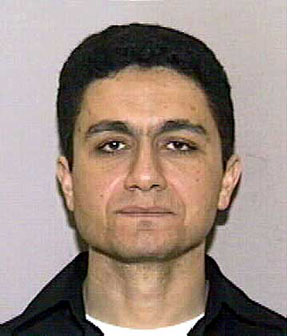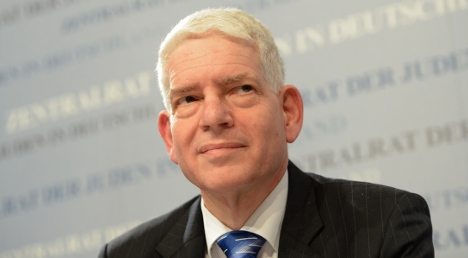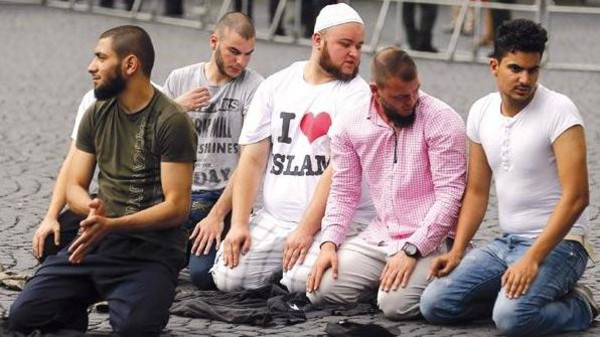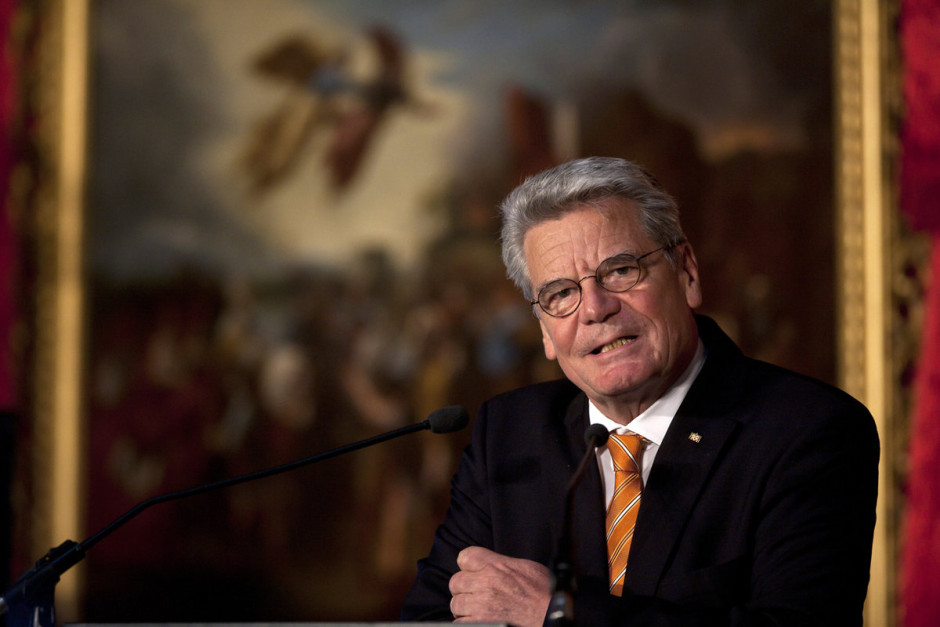The southern German state of Bavaria is trying to resolve a vexing issue.
Should Muslim high school students in all grades be required to visit former concentration camps, or the new Nazi documentation center in Munich, as part of their studies on the Holocaust?
It’s a very German problem for a number of compelling reasons.
The Holocaust was conceived and planned in Germany, so German leaders have a special responsibility to ensure that new generations will not be poisoned by murderous ideas.

One of the ring leaders of the terrorist plot to attack the United States on September 11, 2001, Mohammed Atta, lived in Hamburg. Being a Muslim radical, Atta’s worldview was clouded and perverted by antisemitic stereotypes and tropes.
Given Germany’s Muslim population of four million, the authorities are duty bound to give the children of Muslim immigrants a rounded education that includes courses on modern German history.
As matters now stand in Bavaria, visits to former Nazi concentration camps and Munich’s newly-built documentation center are mandatory for only upper-grade students. But Josef Schuster, the president of the Central Council of Jews in Germany, has suggested that ninth grade students should participate on such trips as well.

Schuster’s laudatory proposal has been greeted positively by Bavaria’s minister of education, Ludwig Spaenle, who noted that students may “develop a clear position” against the horrors of Nazism by visiting these sites.
As reported by The New York Times, Bavaria’s ruling party, the Christian Social Union, endorses the proposal in principle, but with two reservations.
Firstly, Muslim students, most of whom are the sons and daughters of recent immigrants, need more time before they can start identifying with Germany’s past. Secondly, obligatory trips to former concentration camps may not deter antisemitism, which has been on the rise in Germany of late.
These arguments are not unreasonable, but they ultimately fall short of the mark.

Muslims in Germany, whether Arabs, Turks or Persians, are almost uniformly anti-Israel and thus susceptible to antisemitic discourses and influences. And far too many Muslims regard the Holocaust as the greatest hoax of the 20th century, a twisted notion usually advanced by neo-Nazis and Holocaust deniers.
To some Muslims, Holocaust education represents de facto recognition of Israel. Last year, Mohammed Dajani Daoudi, a Palestinian professor at Al Quds University in East Jerusalem, organized a study trip to Auschwitz for his students. The visit, financed by the Berlin-based German Research Foundation, ended badly for Daoudi. Upon his return from Poland, he was roundly denounced and forced to resign.
Clearly, Muslim biases regarding Jews and the Holocaust must be addressed on a systematic basis. Germany, having made far-reaching amends for its central role in the Holocaust, can and must play an integral role in this historic endeavour.
As German president Joachim Gauk has correctly observed, Holocaust remembrance should transcend religion and ethnicity. No one, including Muslim teens, should be exempted.

Visits to former concentration camps, or Munich’s documentation center, could have a meaningful impact on German Muslims, whose minds have been warped by anti-Israel and anti-Jewish rhetoric and propaganda. Some of these individuals have joined Islamic State, which is attempting to establish a Sunni caliphate in the Middle East.
Which is why Josef Schuster’s proposal should be seriously considered and incorporated into Bavaria’s educational policy.
